
Consumers check out Chinese electric vehicle startup Aiways' U5 model at a shopping center in Shanghai in October 2020. [Photo/CHINA DAILY]
Its rising popularity can be seen as a milestone of China's NEV development, demonstrating the strong manufacturing capability of its NEV makers, as well as the power that the industry has accumulated over the past years, industry experts said.
BYD saw its monthly sales hit records several times last year. Its sales throughout 2022 totaled 1,868,543 units, up 152.5 percent year-on-year.
The king of volume in the NEV market is aiming to make inroads into the luxury segment. Late last year, BYD gave a teaser on the new brand Yangwang. The first model, a tough off-roader, was unveiled on Thursday.
Wang Chuanfu, chairman and president of BYD, said the company had unveiled disruptive "black technology", which has been first used in Yangwang models.
Zhang Xiaorong, head of the research institute of Shenzhen, Guangdong province-based manufacturing company Deep Innovation, said: "Within years of development, leading Chinese NEV companies have managed core technologies in batteries, electric motors, electric controllers and chips, and formed unique competitiveness in the industry."
BloombergNEF estimated that in 2025 the world's NEV sales will surge to 21 million units and China will be one of the major markets that will lead the growth.
Matthias Kimmel, BNEF's head of energy economics, said: "The electricity industry is undergoing a transformation. With inflation pressure, renewable energy still has its competitiveness, and its competitive edge over fossil fuel will continue to expand. We are on the right track."
McKinsey estimates that global sales of EVs from 2021 to 2030 will reach 220 million units and about half will be sold in China.
Chinese NEV carmakers are also wowing overseas customers with models that "exceed their wildest imaginations", which may see them raise their positions on the global stage, said McKinsey in a report released in December.
For instance, Nio, in Europe, is selling electric vehicle models that can have their empty batteries swapped for new ones in minutes. The carmaker said it will be available in 25 countries by 2025.
In October, BYD inked a deal with Germany-based car rental company Sixt to supply 100,000 EVs by 2028.
One month later, Chinese EV startup Aiways won a five-year order to supply up to 150,000 EVs to Thai e-mobility service provider Phoenix EV. The deal marks the largest EV order from Chinese carmakers worldwide.
Narong Sritalayon, a sales executive of Great Wall Motors Thailand, said the carmaker is planning to launch four NEV models in the country in 2023.
There are five NEV models from the Chinese carmaker in the Thai market, with their combined sales reaching 13,000 units.
Fu Bingfeng, executive vice-president of the CAAM, said China's electric cars, which are doing a good job in terms of design, quality and novel features, are competitive in the global market.
Statistics from the CAAM showed that 593,000 NEVs were shipped out of China to overseas markets in the first 11 months of 2022, up 100 percent year-on-year. The CAAM said NEVs are becoming a driving force of Chinese vehicle exports and they are going to rise further in 2023.








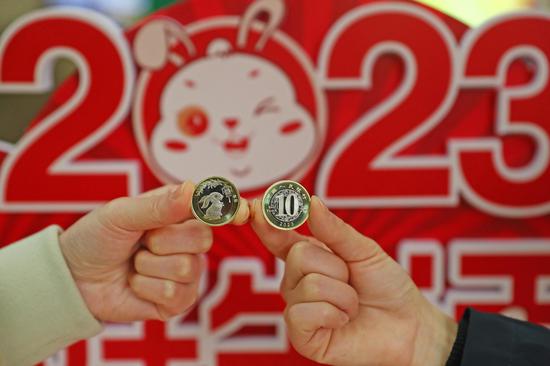
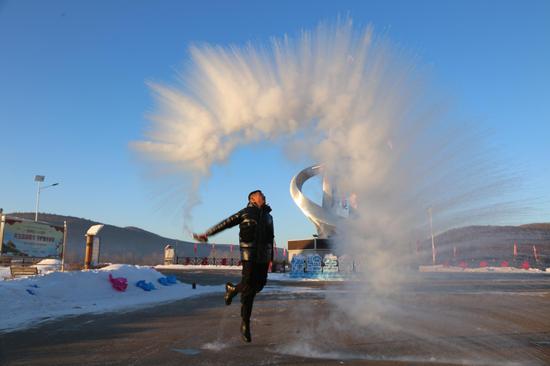
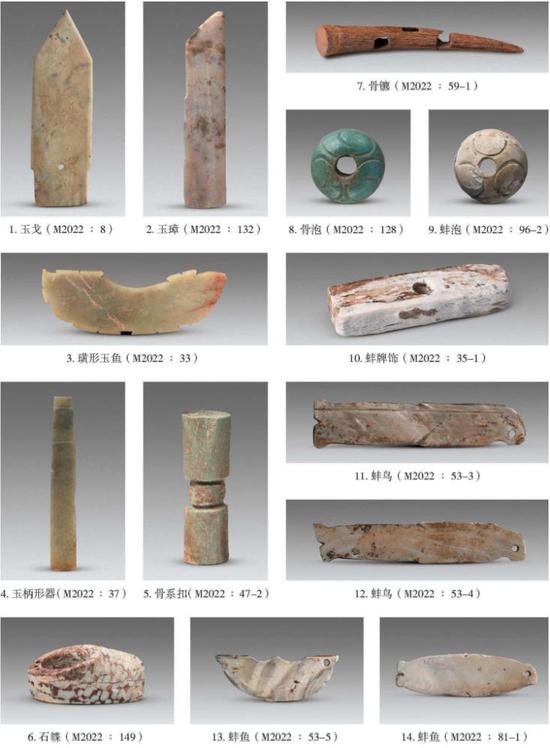

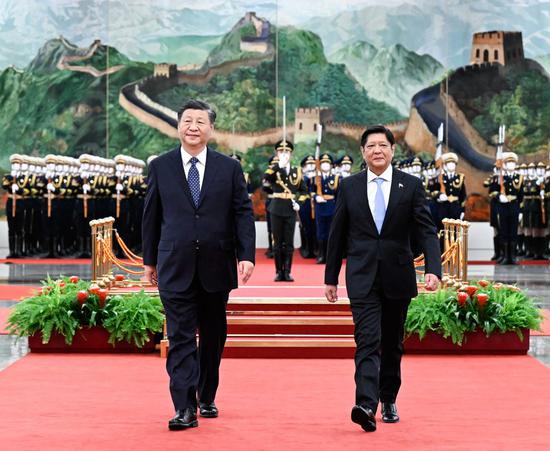
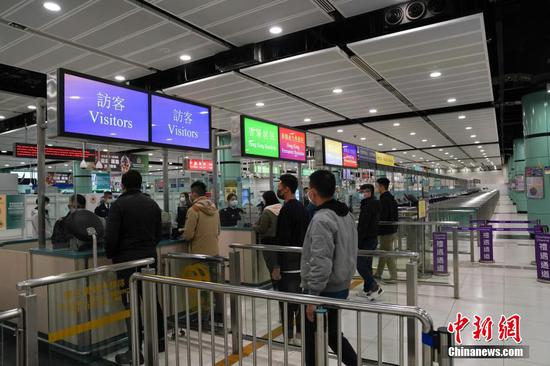
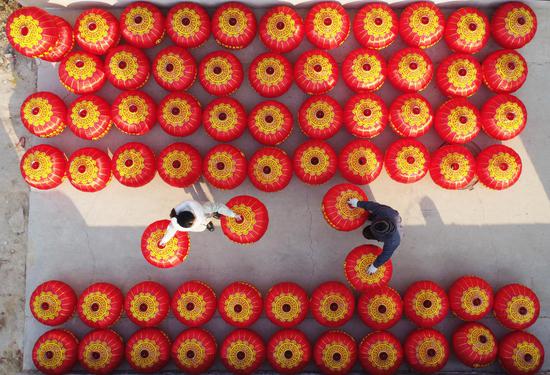
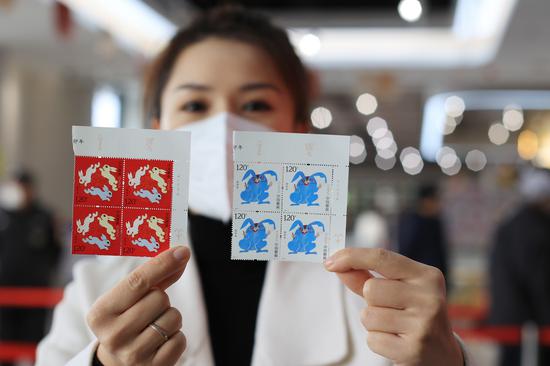


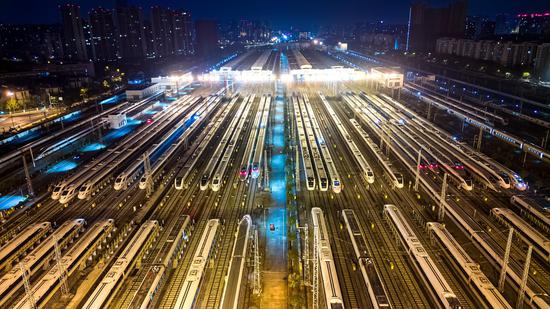





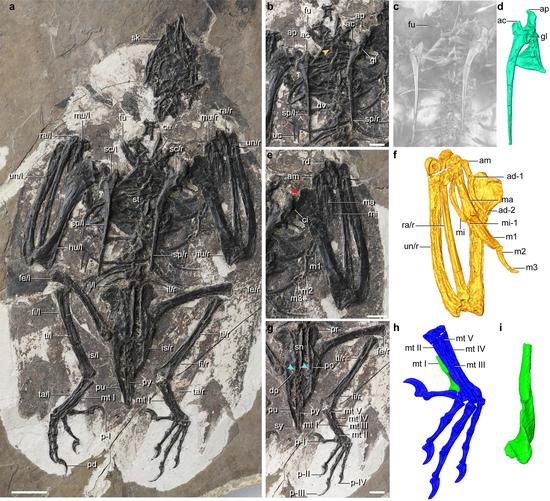
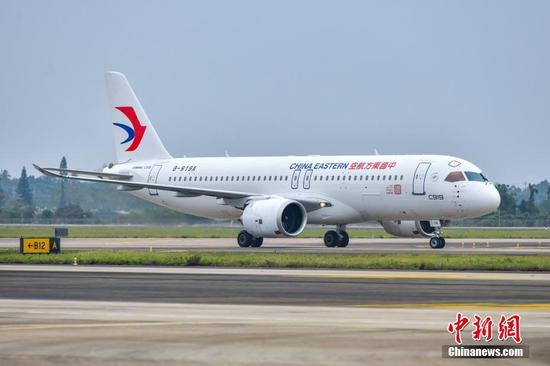


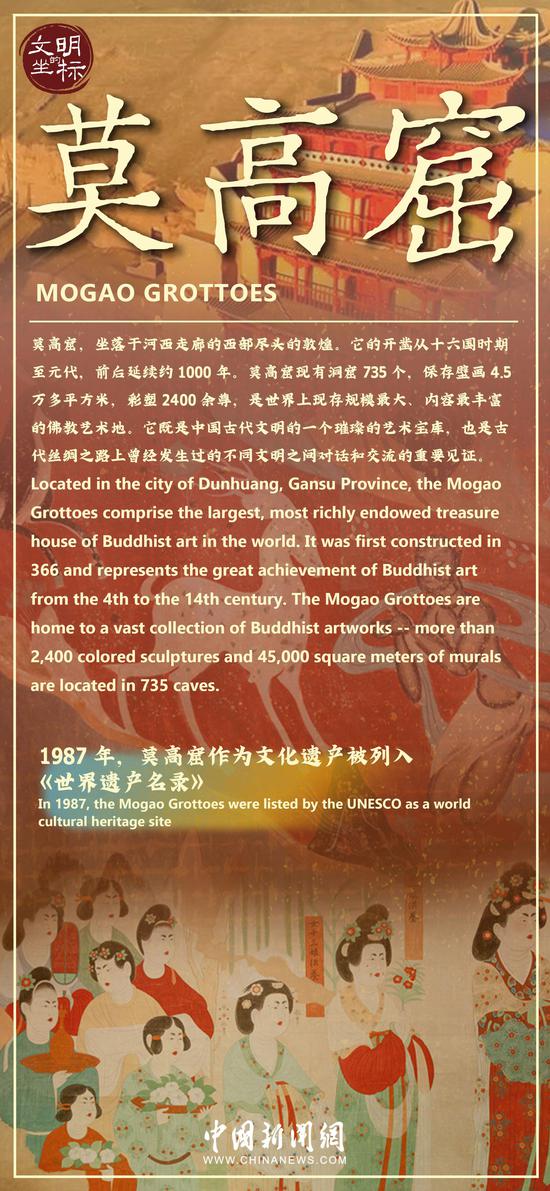


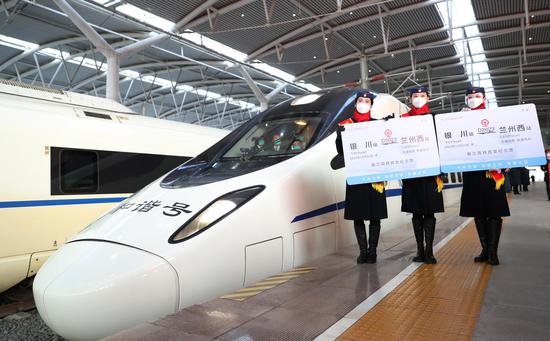



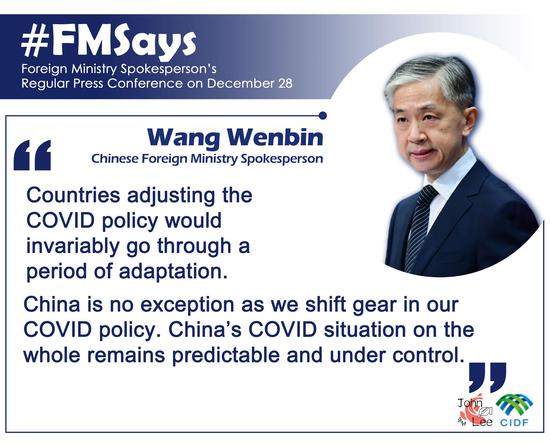
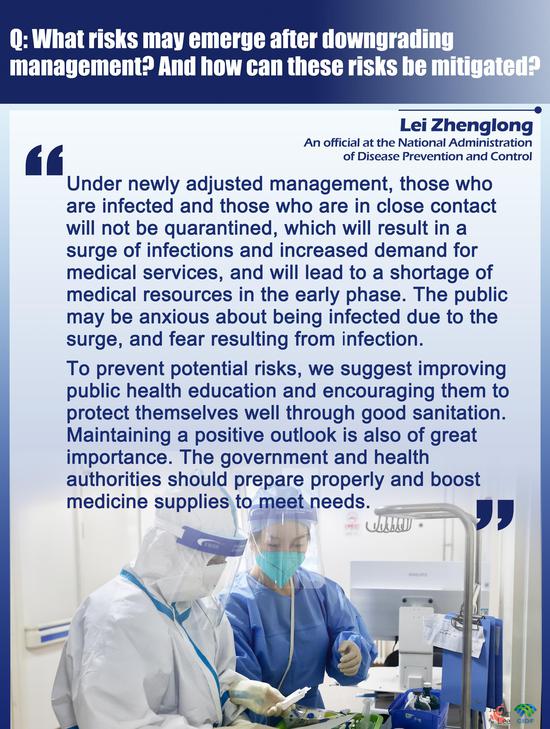

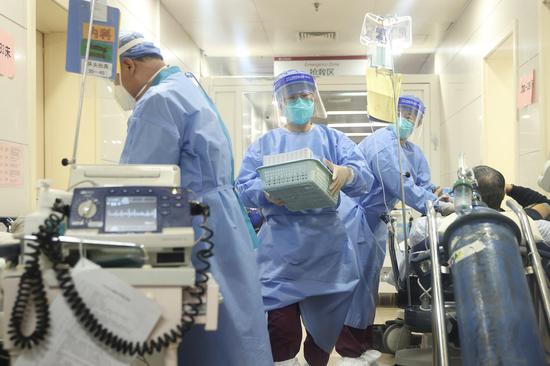
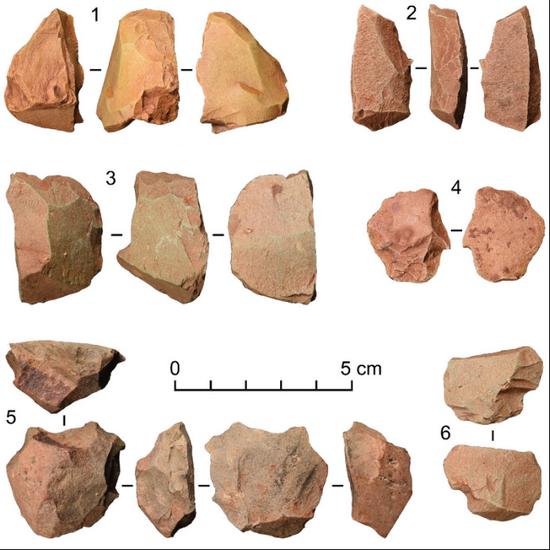

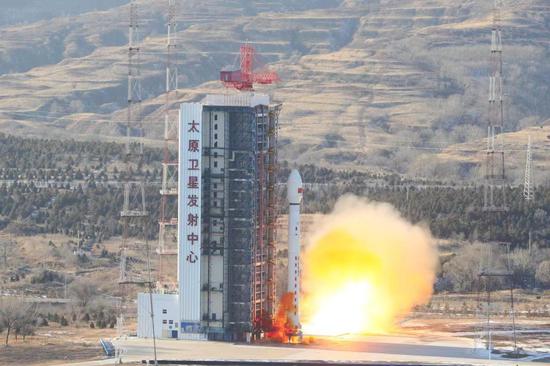

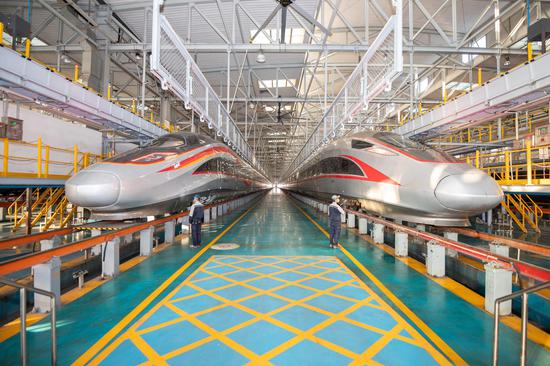
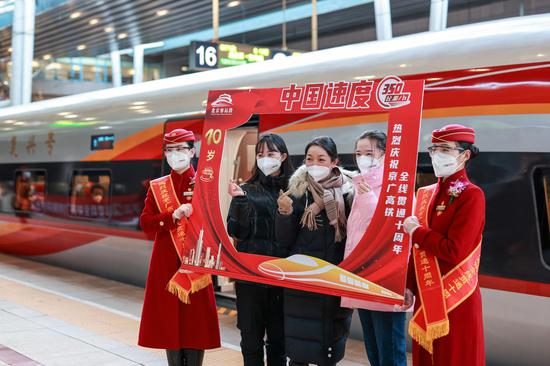





 京公网安备 11010202009201号
京公网安备 11010202009201号